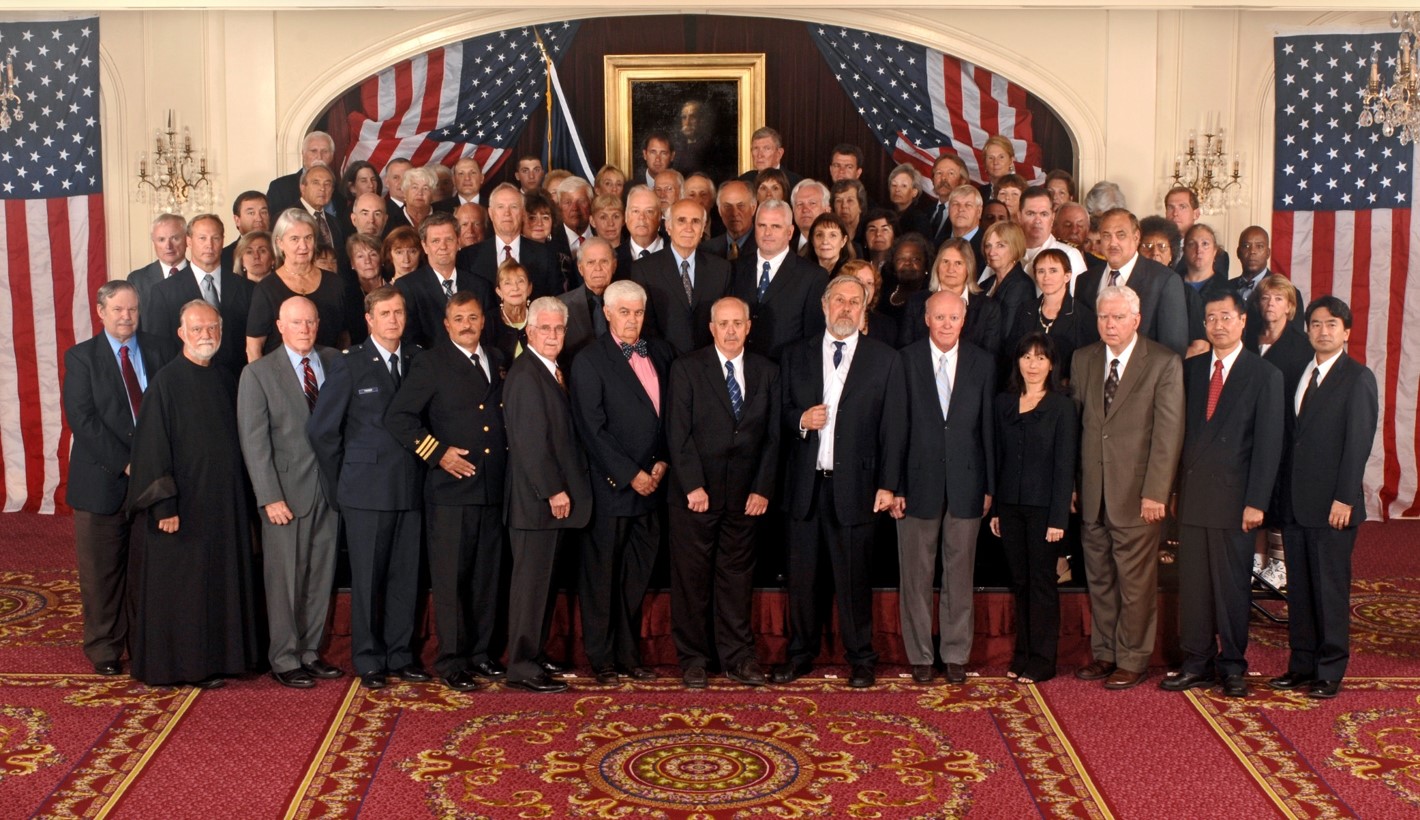- Home
- JOIN
- History
- Maps
- Treaty Forums
- Purpose of the Peace Treaty Forums
- Forum I Jun 1994
- Forum II Oct 1994
- Forum III Sep 1995
- Forum IV Mar 2000
- Forum V Dec 2006 TR Nobel 100th
- Forum VI Dec 2007 with Dennis Ross
- Forum VII Dec 2008 with Samantha Power
- Forum VIII Dec 2009 Obama's Nobel
- Forum IX Nov 2016 Russia-Japan
- Forum X Nov 2019 Jake Sullivan
- Forum XI Sep 2020 Joseph S. Nye Jr.
- Citizen Diplomacy
- Connections
- Spiritual Aspects
- 2005 100th Anniversary
- 2006 Nobel Prize 100th
- 2007 Commemorations
- 2008 Commemorations
- 2009 Commemorations
- 2010 Portsmouth Peace Treaty Day
- 2011 Order of the Rising Sun
- 2012 100 Years of Cherry Trees
- 2013 Historic Marker Dedicated
- 2014 Sister City Celebrations
- 2015 110th Anniversary
- 2016 Commemorations
- William Chandler & Concord, NH
- Kentaro Kaneko & Dublin, NH
- Asakawa, Dartmouth & Hanover NH
- Carey Family & Creek Farm
- Henry Denison & Lancaster, NH
- John Hay & Newbury, NH
- Japanese Visit Manchester, NH
- Wentworth & New Castle, NH
- Portsmouth: Temple Israel, Rev. Clark
- Sarah Farmer & Eliot, Maine
- Adm. Mead & Kittery, Maine
- Elizabeth Perkins & York, Maine
- Educational Resources
- Living Memorial Project
- Contact Us
- 1713 Treaty

Portsmouth Peace Treaty Forum 2010 Events
Portsmouth Peace Treaty Day

The New Hampshire House and the New Hampshire Senate voted unanimously to pass SB379, “An Act proclaiming September 5 as Portsmouth Peace Treaty Day” and Governor John Lynch signed the bill on August 17, 2010 (above).
Proposed by Portsmouth Peace Treaty Forum chairman Charles B. Doleac and introduced by NH Senator Martha Fuller Clark, the bill was cosponsored by State Representative Robin Read, NH Senator Maggie Hassan (
The bill amended RSA4:13 “the Powers of Governor and Council: Observances Proclaimed by Governor” by adding the following new paragraph:
The intent of Portsmouth Peace Treaty Day is to commemorate New Hampshire’s role as the host President Theodore Roosevelt designated for the peace conference that ended the Russo-Japanese War, and to recognize the part played by New Hampshire citizens in the multi-track diplomacy of the successful international negotiations between the Japanese and Russian diplomats in Portsmouth that resulted in the Portsmouth Peace Treaty on September 5, 1905.
1. Russo-Japanese War ends at
2. Roosevelt’s Choice of
3.
Many elected and community officials spoke in favor of the bill at the Senate and House committee hearings, including the bill sponsors Senator Clark and Representative Read, Senator Barnes and Representative Cali-Pitts, the Secretary of State, Portsmouth Mayor Tom Ferrini, Charles Doleac (president), Judge Sawako Gardner and Stephanie Seacord of the Japan-America Society of NH, Steve Upton of the Russia Society of NH Board and Don Alusic, an independent producer of a documentary about the Portsmouth Peace Treaty.
“We greatly appreciate the support of all of the sponsors of the bill to make September 5, Portsmouth Peace Treaty Day and to cement its importance in the historical annals of the state of
Each year on September 5th at 3:47 pm – the exact moment the Treaty was signed --
Governor's Proclamation
Union Leader Op-Ed

In 2010, members of the Portsmouth Peace Treaty Anniversary Committee recreated the 'community portrait' taken in 1905 during the Welcoming Reception for the Russian and Japanese delegates to the peace conference.
© Copyright 2005 Japan-America Society of New Hampshire
NH Web Design | Content Management | Web Hosting